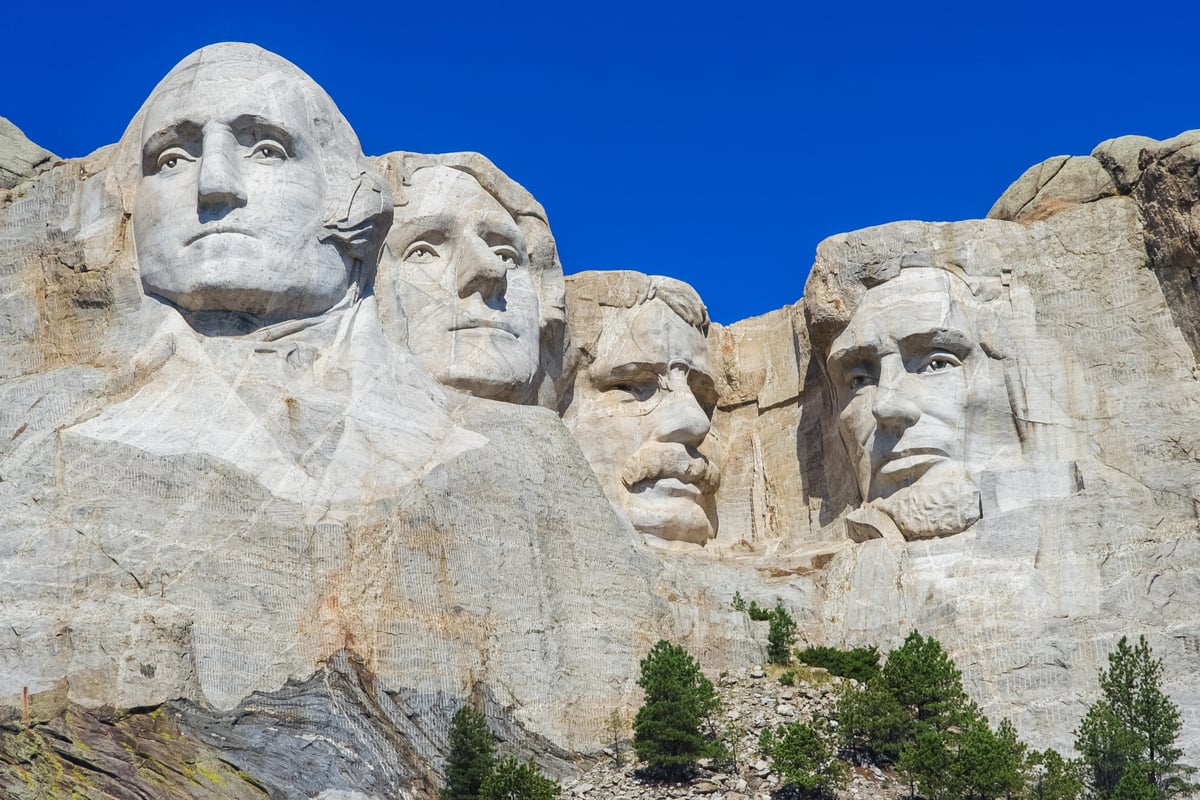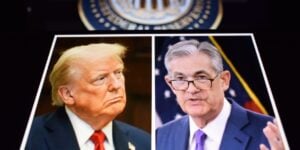
Although I’m not a fan of the regular season, I always watch the annual NCAA men’s basketball tournament. And starting roughly at the regional finals portion of the tournament, an average of two or three times during every game, an individual — typically a player, but occasionally a coach — is singled out and described as a “leader,” cited for either demonstrating “leadership” or “leadership qualities.”
That dictum is virtually always directed at someone on the winning team — frequently as the end of the game approaches and the chances for a comeback by the losing team rapidly diminish.
Upon closer inspection, a beguiling asymmetry is revealed: teams (also companies, organizations, groups, and so on) which experience outstanding success inevitably cite leadership as a factor — often the decisive one, and frequently emanating from a particular individual. Yet one rarely hears leadership praised despite a crushing loss; more often, a failure (or complete absence) of leadership is cited. Furthermore, I can’t recall ever hearing or seeing a decisive victory that was accompanied by harsh criticism of the exhibited leadership, real or imagined, accompanying it.
With the primaries heating up, the assertion will inevitably come that even considering the pernicious elements of politics and government: America needs a leader. As if the economy and social structure would completely break down in the absence of a single, titular head at the federal level, presiding over nearly 330 million people.
Where Americans once seemed to use sarcastic terms like “our fearless leader” for disliked managers and scoff at genuflecting titles for foreign dictators (“Dear Leader” of North Korea, most notably), more and more in the media and public discourse individuals either praising the president or calling for his ouster are evoking the need for “leadership.” Detractors classically see an undebatable failure to lead while supporters witness nothing but illustrious, strong leadership flowing from every executive pore.
Although many people mean management when they use the term leadership, what constitutes actual leadership is often self-contradictory. Gurus and other purveyors of leadership tropes sometimes allege that a “good” or “effective” leader “stands out front,” “takes charge,” or “leads by example”; a phrase like “lead, follow, or get out of the way” makes one perception of the leadership skill set quite clear.
Yet others allege that great leaders merely “give the right players/team members the tools they need,” “speak softly, but knowledgeably,” “set people up for success,” and so on. But for all of this, the folks peddling thousands of books, courses, and talks purporting to understand and impart leadership skills have a trump card: leadership, they’ll often say when challenged, can/does/should take different forms in different situations.
Thus the leadership edifice increasingly obtains the dimensions of any other pseudoscience: it’s unfalsifiable, often asserting contradictory claims; it relies heavily on confirmation bias; and, most of all (as I suspect this article will confirm), it experiences rigid, even heightened adherence among its proponents when under scrutiny.
In many cases, what is praised as the effect of “good” or “effective” leadership is nothing more than vested authority: few should be surprised that when a senior manager or military officer orders a subordinate to do something, they comply. And when a coach or boss applauds the leadership purportedly demonstrated by a subaltern, the compliment often subtly reflects back upon the complimenter, with the implication that it is taught, is inspired, or otherwise filters down.
But it should come as no surprise that many successful sports teams, firms, and organizations readily identify leadership as the decisive factor in their triumphs. It’s a better story than merely having incredible resources and facilities, superior performance, or as is often the case: simple, garden-variety luck. Besides being unromantic, randomness is odious to a neatly crafted story.
To how many presidents, CEOs, athletic heroes, or activists — if you had no idea who they were — would you impart the celebrated, mystical qualities of leadership if you met them in a supermarket or saw them sitting in a park? I increasingly see the pronouncement of leadership, and more so of leaders, as a narrative-organizing feature — a backward-looking means of connecting events, rationalizing them, or even adding a supernatural luster to them. The more I see and read, the designation of an individual as a leader appears to be a reverse-engineered, retrospective evaluation of a set of circumstances.
I don’t “need a leader.” If I did, I would most assuredly select someone closer in proximity and circumstances to my daily life — and vastly different than the politicians who bedevil us today. In the worlds of business or professional sports, connecting the tractable notion of leadership to outcomes is generally innocuous (if a bit disingenuous). But the implications are dangerous when significant swaths of citizens become convinced that a malleable set of ex post facto characteristics are a reason to elevate a demagogue — Republican, Democrat, or other. It is bad enough that these people rise to power. Let us not augment their influence by subscribing to an alleged necessity for leadership or other banal abstractions which are neither science nor art.




